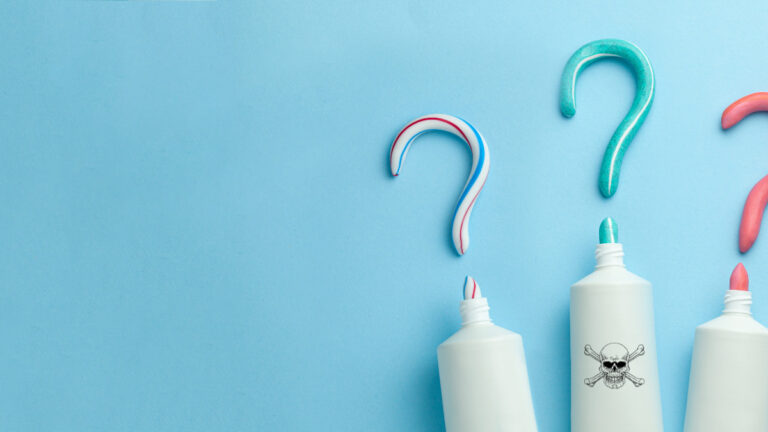
Toothpaste is a product we use daily, and it's intended to protect and enhance our oral health. However, there's a hidden side to it that many of us are unaware of.
Dentists often recommend well-known brands like Colgate, but it’s time to question the ingredients lurking within. Let’s explore the data and uncover the potential harm caused by seemingly harmless toothpaste.
We often hear about the oral microbiome, but it can be a perplexing concept. It’s like a complex, uncharted world of microscopic organisms that influence our oral health, for better or worse. Antimicrobial ingredients in toothpaste, such as triclosan and Sodium Lauryl Sulfate (SLS), are hailed for their bacteria-fighting capabilities. For instance, SLS can significantly reduce pathogenic bacteria like Strep mutants linked to cavities. Sounds great, doesn’t it?
The Hidden Dangers of Indiscriminate Bacterial Warfare
Well, not so fast. The issue is that SLS and triclosan wage war on bacteria indiscriminately. This means they not only target harmful bacteria but also destroy the beneficial ones that protect your oral health. Over time, this leads to a condition known as dysbiosis, potentially causing problems like periodontal disease, gingivitis, ulcers, candidiasis, and cavities. The alarming part is that this process unfolds slowly, almost imperceptibly, making it challenging to predict and track.
Beyond Your Mouth: How These Disinfectants Affect Your Body
These disinfectants in toothpaste don’t just stop destroying bacteria; they also trigger an immune response and can cause cellular damage. One unpleasant side effect is desquamation, where the outermost layer of soft tissues in your mouth (cheeks, gums, lips, tongue) peels off due to chemical irritation.
Not only do these disinfectants harm your oral microbiome, but they also wreak havoc on your body. For instance, they interfere with Gingival Fibroblasts, cells responsible for wound healing and maintaining oral health. Studies have shown that SLS and triclosan can lead to toxicity and death of gingival epithelial cells, and even at low concentrations, 6 out of 10 participants experienced desquamation.
Delaying the Healing Process
To make matters worse, these disinfectants can delay the healing of wounds. This has led to concerns about why they are even included in toothpaste and mouthwash products. Surprisingly, research shows that eliminating these harmful ingredients doesn’t negatively impact plaque removal or gingivitis prevention.
So, if these heavy-duty cleaning agents don’t enhance toothpaste efficacy and come with a range of potential health risks, one question arises: Why are they allowed in our oral care products? It’s time to rethink our choices and prioritize oral health without compromising our overall well-being.


